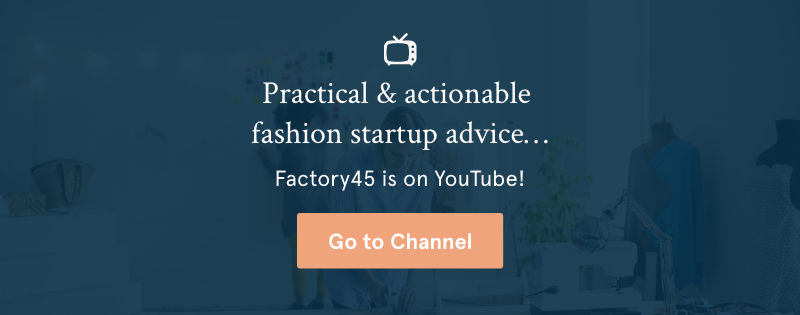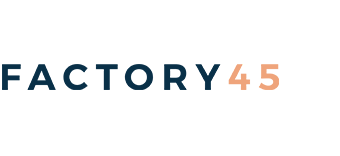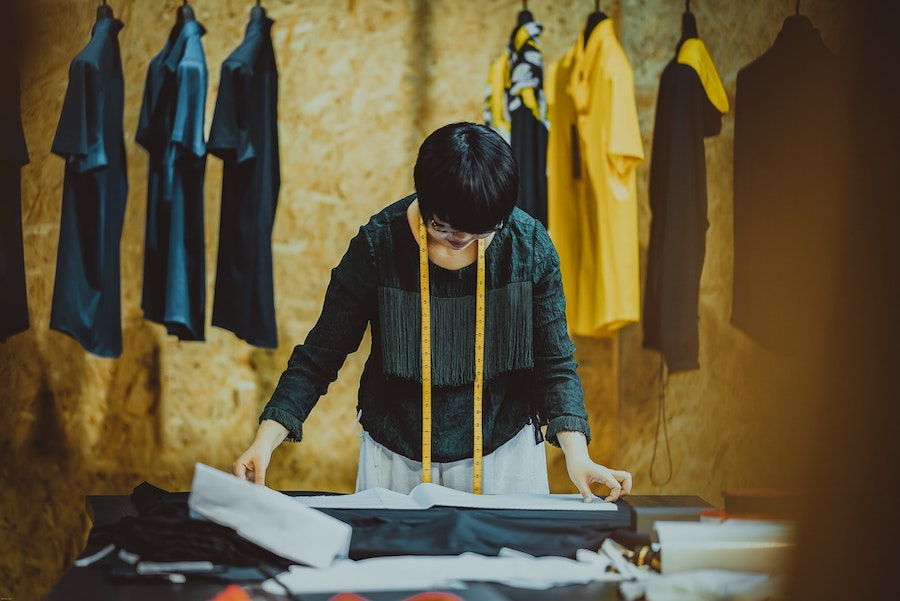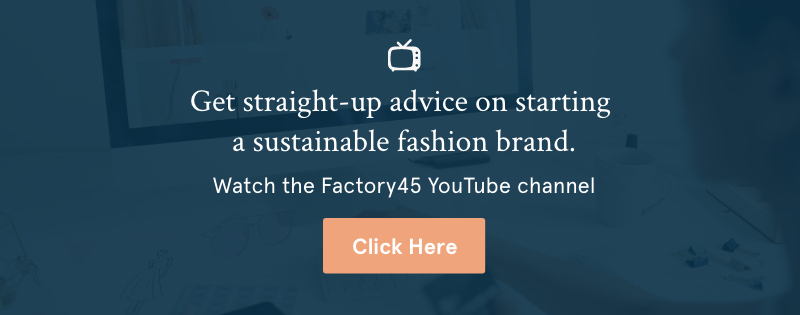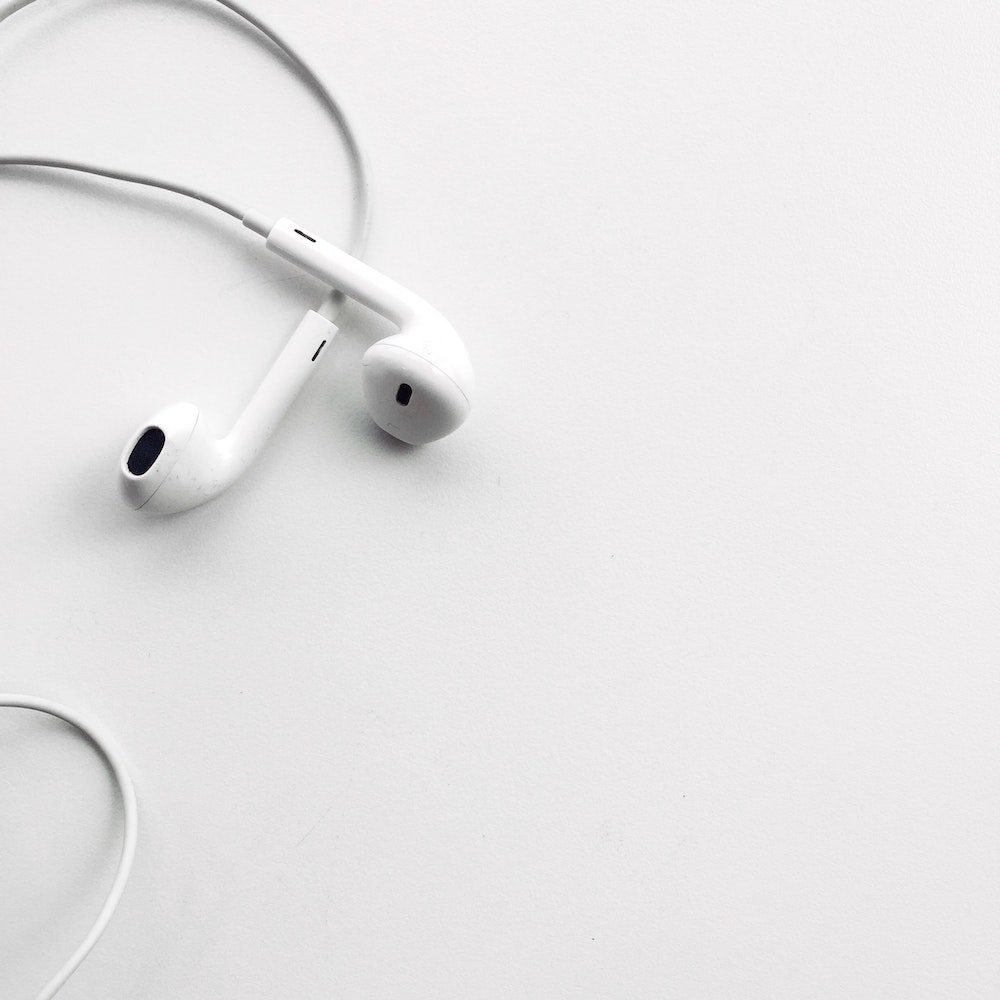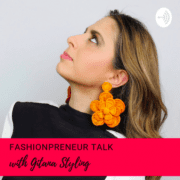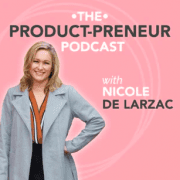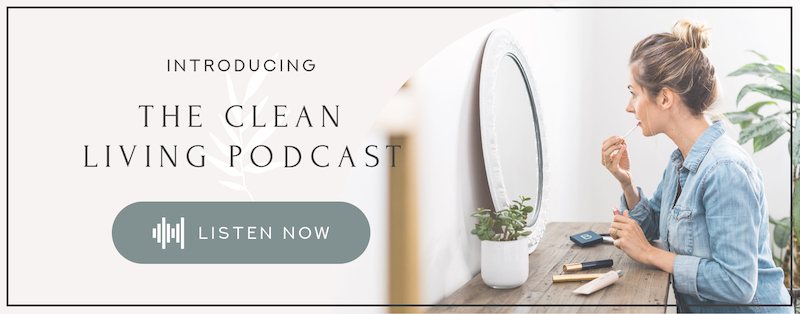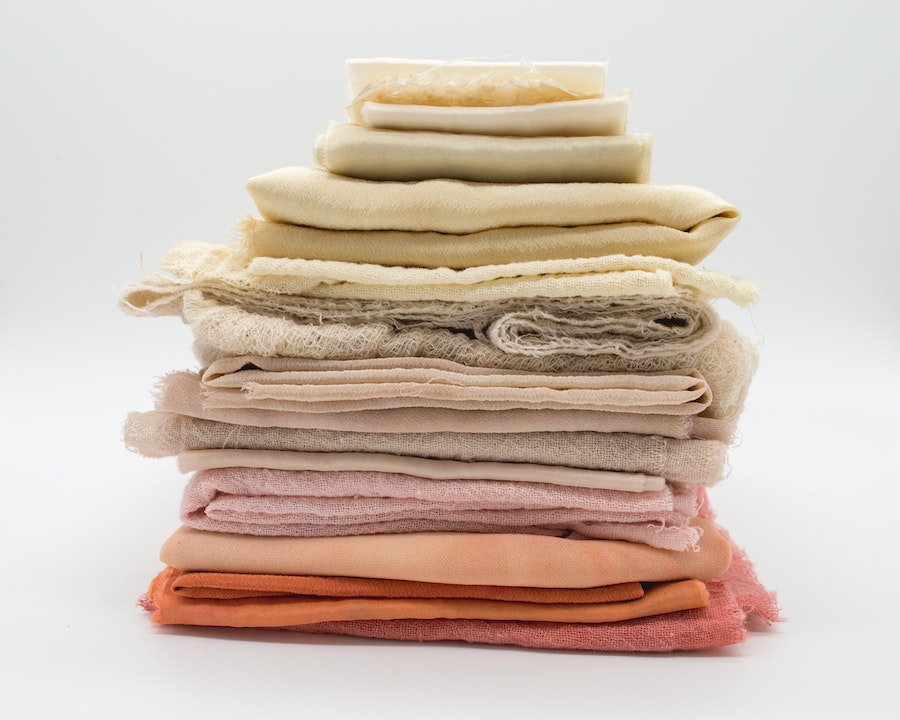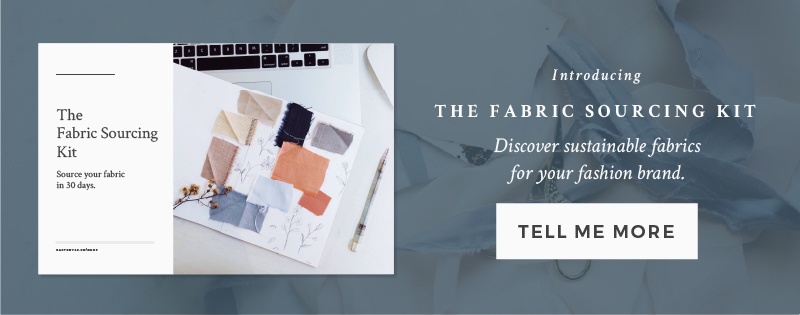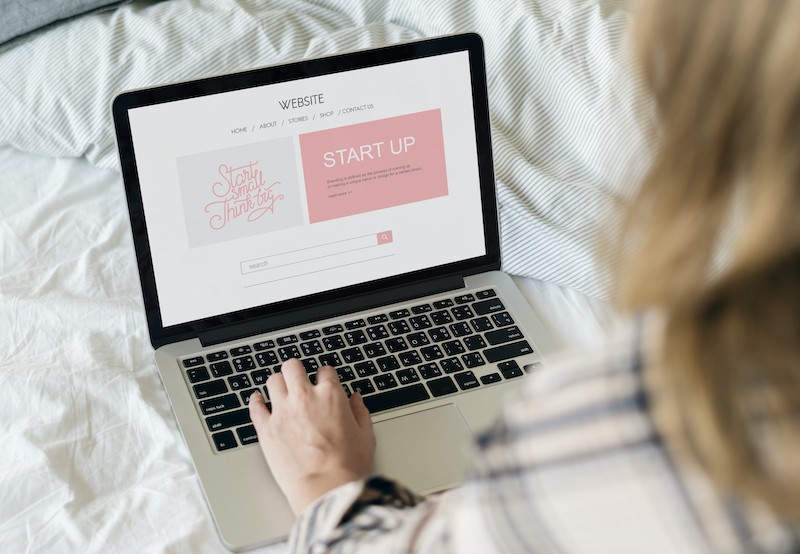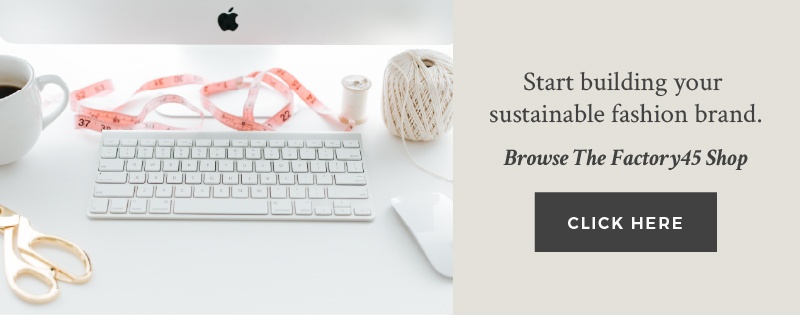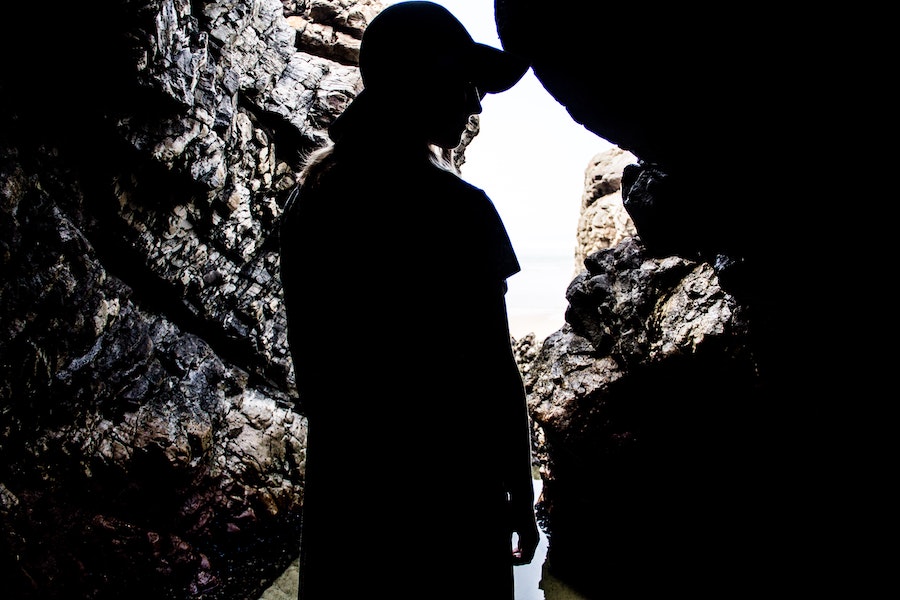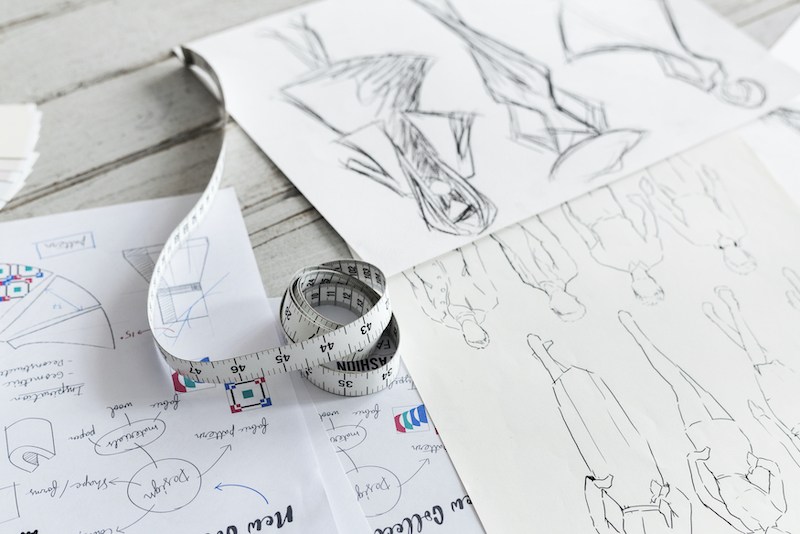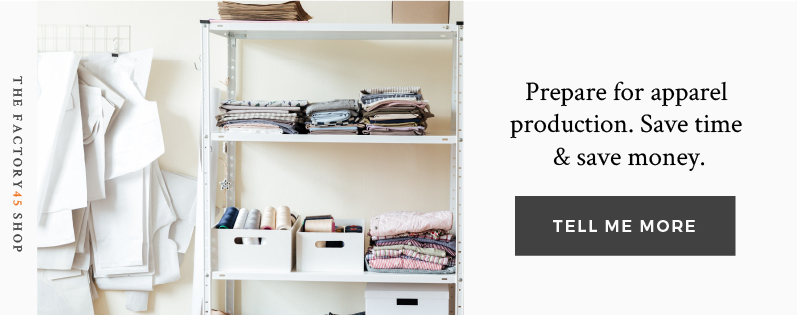So, last week’s post really hit a chord with people.
If you missed the blog post on procrastination, you can read it here.
It got me thinking more about the whole concept behind “low barrier to entry” opportunities.
If we could make things easier on ourselves, how much more would we do and get done?
Take for example the speaking engagement I did at Eco Fashion Week back in 2013.
I was flown out to Vancouver and asked to give a 10 minute presentation. I proceeded to walk up to the podium in front of 100ish people and absolutely choke.
Short of having a panic attack and passing out in front of the whole room, it was a complete disaster.
For 10 minutes, my voice was shaking, my face was red, and I could barely breathe or get my words out.
If you’re thinking it couldn’t have been that bad, the emcee asked the audience if they had any follow-up questions for me and not a single person raised their hand.
They wanted me off the stage as much as I wanted to run out the back door.
So, did I write-off speaking engagements for the rest of my life?
No… not exactly.
What I realized is that I’m pretty good at open Q+A-style panels or casual conversations with a moderator or interviewer.
What I’m not good at is solitary speeches or presentations.
So instead of passing up every opportunity for a speaking engagement, I committed to choosing the lower barrier to entry option.
I decided that I would still say ‘yes’ to public speaking, but I would limit my commitment to off-the-cuff Q+A style, multi-person panels or I would take on the role of moderator.
By making that deal with myself, I’ve gotten the chance to have some great speaking opportunities that have allowed me to market my business, meet like-minded people and further my message.
So, let’s say in your case, you hate being on video.
Instead of forcing yourself to do on-camera Instagram Stories, maybe you start a podcast to document your entrepreneurial journey instead.
Maybe you don’t feel confident about your writing skills so you’re hesitant to start a blog. If you love being on video, then you could start a YouTube channel instead.
Let’s say you clam up when being interviewed, maybe you ask the interviewer to send you the questions ahead of time so you can plan out your answers.
In 99 percent of cases, there is always an easier alternative that will better set you up for success.
That’s not to say you can avoid discomfort or vulnerability 100 percent of the time.
There will surely be some cringe-worthy or embarrassing moments.
I remember last year when I was hosting an Instagram Live for Maker’s Row. It was a 30-minute live session that required me to be alone on camera, sharing my tips about apparel manufacturing to their Instagram audience.
In the middle of my talk, something caught in my throat and I started to choke — for real.
I couldn’t get my words out because I was too busy coughing and drinking water in a fit of panic.
Again, this was a live session and no one else was on video with me, so it was quite literally an audience of people watching me gag for air.
So embarrassing.
But you know what?
I had five or six other Instagram Lives with Maker’s Row that went really great.
And I had over 20 people join Factory45 this year because they found out about me from those Maker’s Row live sessions.
Imagine the opportunity lost if I had decided to completely write-off Instagram Live because of the fear of that embarrassing moment happening again.
There are so many instances in entrepreneurship when things don’t go as planned and the only thing we can do is learn, adapt and try again.
As in life, you will miss out on some pretty great experiences by not attempting them at all.
So, I’ll ask you again — what is one thing you can do today to take more action by choosing the easiest route to get there?
And if things don’t go exactly as planned…
How can you learn and adapt, so it goes better when you try again?
THIS WEEK ON THE PODCAST
Listen on Apple Podcasts here | Listen on Spotify here
NATURAL IMMUNE BOOSTERS It’s more important than ever to strengthen our immune systems and gut health. In this episode, I’m sharing three cheap and easy foods to add into your cooking that will naturally boost the immune system of you and your family.
FRAGRANCE When my son was an infant I worried like most new moms do. Was he getting enough calories? Was he sleeping enough? Would he ever eat solids? But as I’m sharing in this episode, I worried about one thing in particular…
PSA Back in September, I attended CleanCon — a virtual conference hosted by the Environmental Working Group — that was focused on clean beauty and personal care products. Throughout the event, there was one message that I kept hearing over and over…
